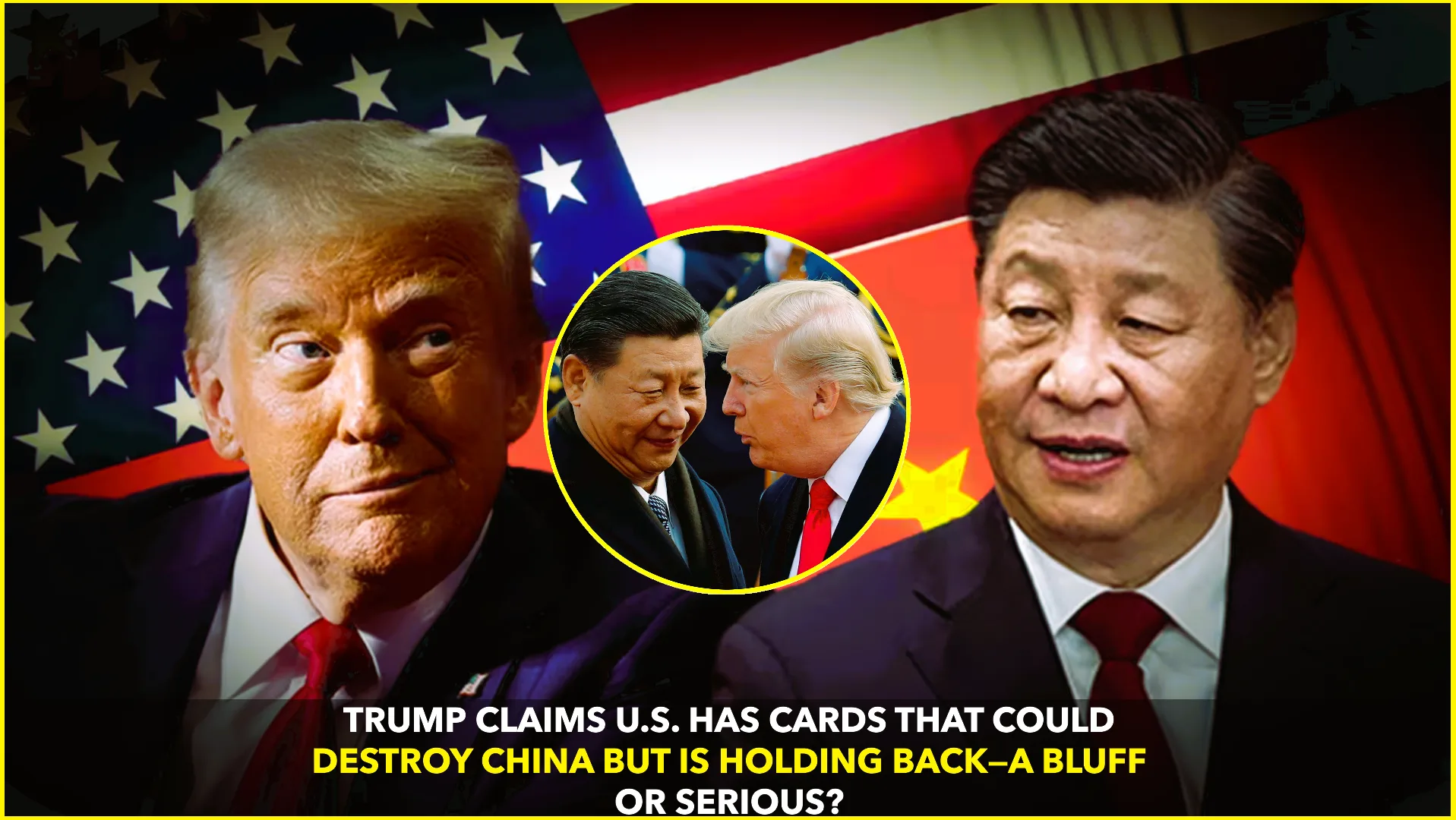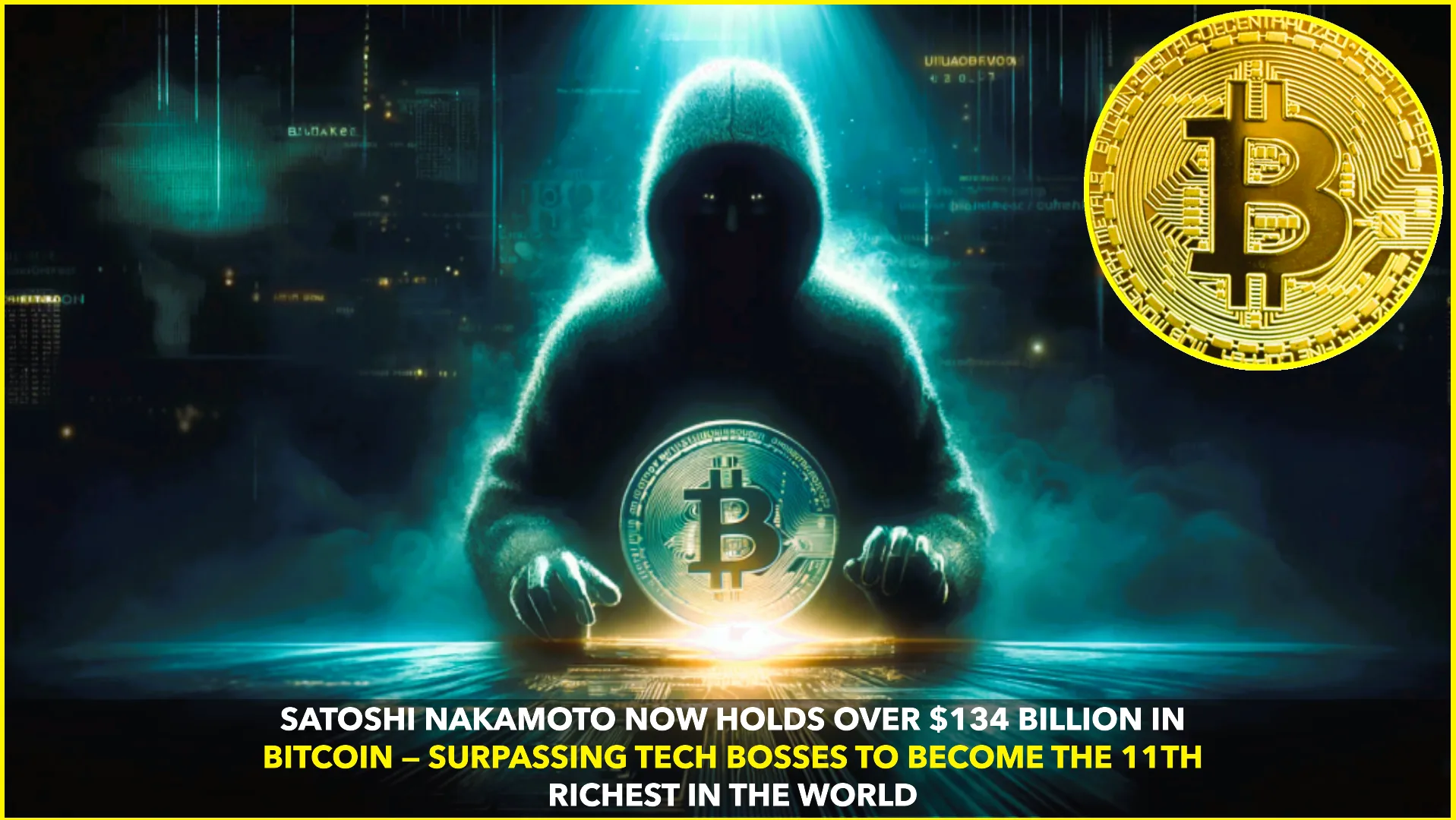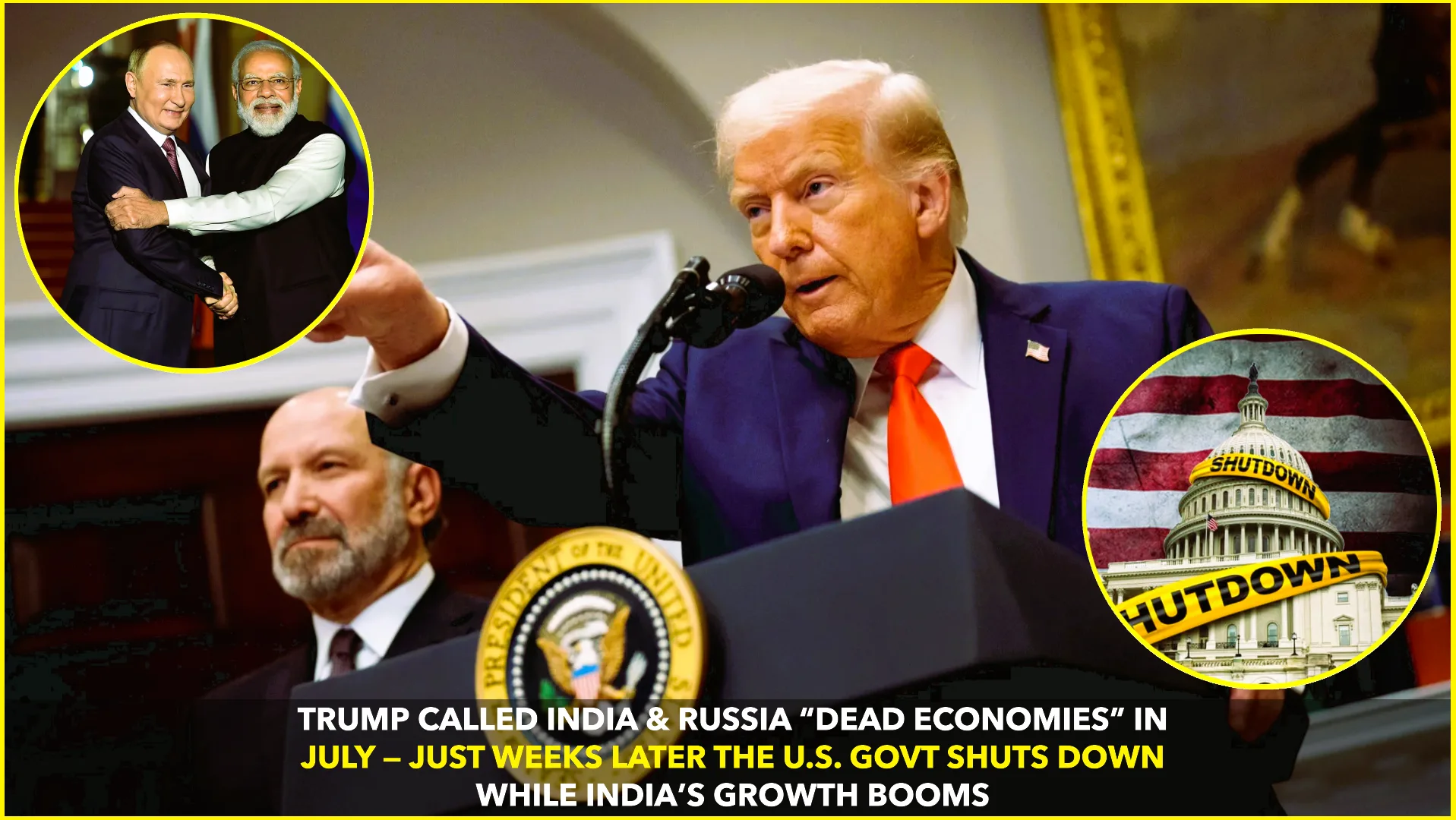A Tense Statement from the Oval Office
On August 26, 2025, speaking ahead of a bilateral meeting with South Korea’s President Lee Jae Myung, U.S. President Donald Trump declared that America holds “incredible cards” which, if played, “would destroy China.” Yet, he emphasized, “I don’t want to play those cards… I’m not going to play those cards.”
What Are These “Cards”?
Trump didn’t spell out what exactly these powerful cards are. Media reports suggest they may include economic tools like tariffs, control over critical commodities (particularly rare earth magnets), geopolitical influence, or energy leverage. In fact, Trump hinted at imposing a 200% tariff on rare earth magnets, crucial for modern high-tech and defense equipment, if China fails to cooperate.
In the broader context, Trump’s administration has already enacted sweeping tariffs—peaking at 145% in April and now mostly at 30% on Chinese imports—while Beijing retaliated with a 10% levy. Meanwhile, a 90-day trade truce was extended on August 12, offering negotiators a brief respite.The Economic TimesThe Economic Times+1The Times of India+1Fox Newswww.ndtv.com
Balancing Threats with Diplomacy
Despite the tough talk, Trump also expressed optimism for future U.S.–China relations. He mentioned a recent conversation with President Xi Jinping and hinted that he might travel to China before the year ends, reaffirming hopes for a “great relationship.”
Motives Behind the Message
Is this just political theater—or a genuine strategic signal?
1. Political Play at Home
This kind of tough talk resonates with Trump’s base, reinforcing his image as a strong leader willing to challenge rival powers. By claiming undisclosed leverage and promising not to use it, he bolsters his credentials while keeping options open.
2. Genuine Leverage Alert
Tensions between the U.S. and China over rare earth resources, oil imports, and trade imbalances are real. Such a warning could be Trump’s way of dialing up pressure, nudging Beijing toward concessions without triggering an outright conflict.
3. Strategic Ambiguity
Keeping one’s cards—and intentions—closely held is a time-tested tactic in diplomacy. By staying vague, Trump leaves allies and adversaries guessing, which can be more powerful than laying all cards on the table.
Why It Matters
Remember: rare earth minerals aren’t trivial—they form the backbone of everything from smartphones to missiles. Giving hints of extreme tariffs hints at real disruptive power. The mention of possible travel to Beijing and an extended trade truce suggest a simultaneous carrot-and-stick approach.
What Comes Next?
We’re watching several fronts:
- Tariff policy: Will plans for a 200% tariff materialize?
- Diplomatic engagement: Will a Trump-Xi meeting happen soon?
- Trade talks: How will the truce develop over the next 90 days?
Final Take
This isn’t just political theater—but it’s not an outright threat either. Trump is wielding rhetoric like a strategic tool: enough to signal strength, flexible enough to dial down tension if needed. Between diplomacy and economic muscle, he’s playing a high-stakes game—and leaving adversaries guessing whether he’ll finally show or hold his hand.










